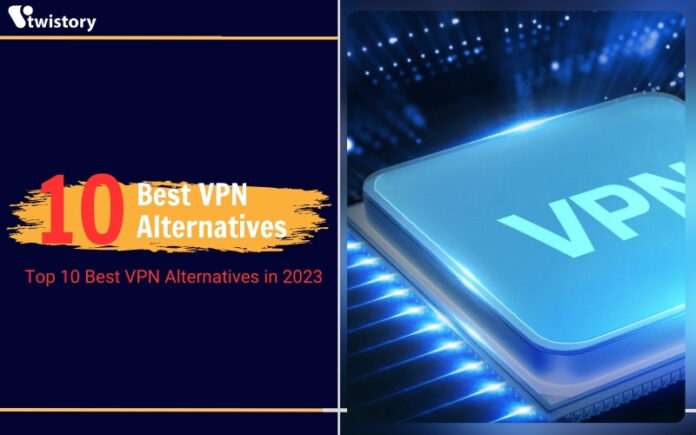Virtual Private Networks (VPNs) are well-known for creating a secure tunnel to the internet, providing encryption for online activities, and allowing private connections to distant networks. Despite their widespread use, the rapid pace of technological advancement has led to the emergence of various modern alternatives to traditional VPNs. These substitutes aim to offer similar or improved security features, better performance, or more convenience for users who need to maintain their privacy online.
In exploring the best VPN alternatives, it is essential to understand how they compare in terms of security, ease of use, and their ability to protect your online privacy in our ever-connected world. Let’s learn more deeply with Twistory.net through the content below!
Why Do We Need to Switch to VPN Alternatives?
Virtual private networks, or VPNs, have been a popular way to keep your online activity secure and your privacy intact. But with new technologies and more sophisticated cyber threats, VPNs aren’t as foolproof as they used to be. Here’s why it might be time to look at some VPN alternatives:
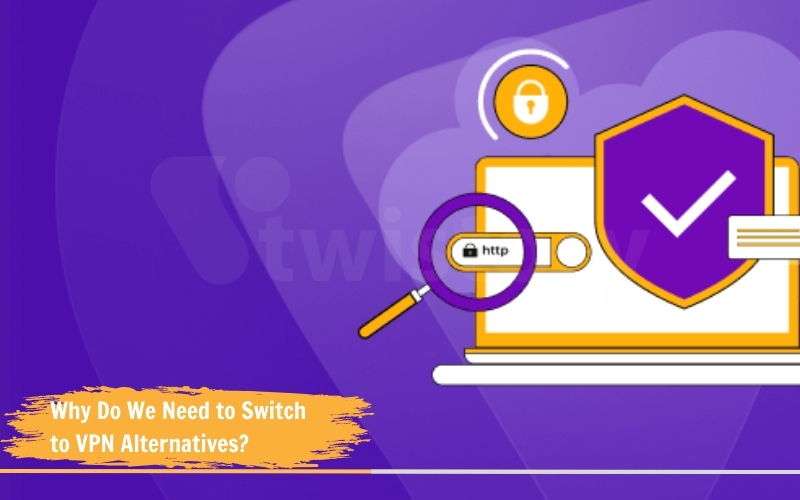
- Security Issues: The encryption that VPNs use isn’t unbreakable—especially with today’s more powerful computers, like quantum computers, on the horizon. Plus, if a VPN server gets hacked, your personal information could be at risk.
- Slower Speeds: VPNs can slow down your internet, which is a pain when you’re trying to watch videos or download big files. For those who need a fast and stable connection, this can be a real deal-breaker.
- Privacy Questions: VPNs are supposed to keep your data private, but some actually track what you do and keep records. There’s a risk that this data could be mishandled or even shared with governments or advertisers.
- Lack of Control: With a standard VPN, all your internet traffic goes through one server. New alternatives offer more control, letting you choose what gets encrypted and what doesn’t, for a more tailored experience.
- Hard to Scale: For growing companies, traditional VPNs can become a headache to manage and expand. Newer options are often easier to scale and are built for the cloud, making them a better match for today’s businesses.
What is the Difference Between ZTNA and VPN?
Zero Trust Network Access (ZTNA) and Virtual Private Network (VPN) are both technologies that allow users to securely access applications and resources from remote locations. However, they differ in their approach to security and network architecture.
ZTNA is a more modern approach to secure remote access that is based on the principle of “never trust, always verify.” This means that ZTNA only allows access to authorized users and applications, and it verifies their identity and authorization before granting access. ZTNA does not require users to be on a corporate network, and it can be used to access applications and resources that are hosted anywhere on the internet.
VPN is an older technology that creates a virtual tunnel between a user’s device and a corporate network. This tunnel encrypts all of the user’s traffic, making it more secure. However, VPNs require users to be on a corporate network, and they can be slow and inflexible.
Best VPN Alternatives in 2023
1. Perimeter 81
Perimeter 81 offers an innovative approach to traditional VPN services with its Zero Trust Secure Network as a Service, based on a Software-Defined Perimeter architecture. This service steps up network security by ensuring thorough visibility, simple user setup, and smooth integration with top cloud VPN services.
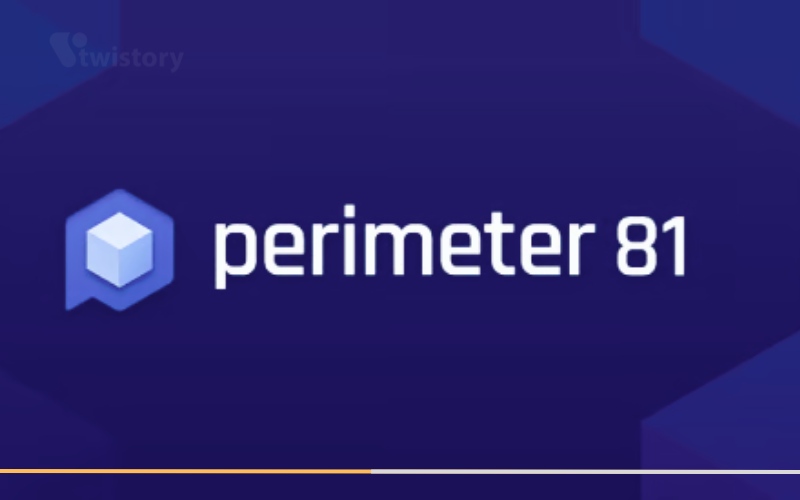
Embracing the SASE (Secure Access Service Edge) framework, it merges the functions of security and network administration into a single, user-friendly platform. This makes it an ideal choice for businesses of any scale and sector. Perimeter 81 enhances network management with features such as dedicated servers, streamlined team access control, and a user-friendly cloud management portal.
The service simplifies secure connection to corporate networks with one-click applications and provides robust protection with high-grade encryption and automatic protection over Wi-Fi networks, making it a top-notch alternative to traditional VPNs for users of Windows, Android, and Mac.
Key Features:
- Secure, remote network access: Perimeter 81 enables employees to access their work network safely from any location.
- Zero Trust adherence: The platform follows the zero-trust principle by continuously verifying the identity and permissions of users and devices before they can access sensitive data or resources.
- Software-Defined Perimeter (SDP): This technology creates an invisible network boundary that’s tough for intruders to breach, enhancing the protection of important company assets.
- Multi-Factor Authentication (MFA): Perimeter 81 adds an additional security step to the login process, significantly reducing the chances of unauthorized entry.
2. Tor (The Onion Router)
Tor is a free alternative to traditional VPNs, offering an open-source browser that prioritizes privacy and anonymity on the web. It allows you to access both standard internet and dark web content anonymously, without needing to sign up, and it’s free of data restrictions and ads.
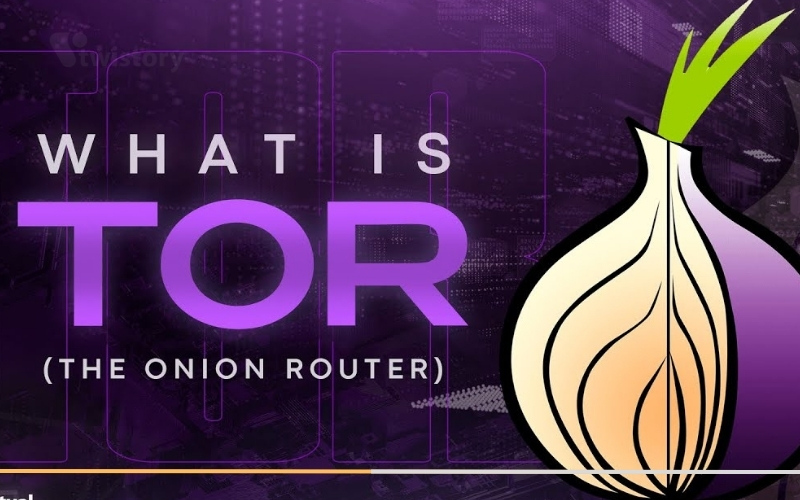
Although not foolproof, Tor can effectively obscure your online activities. Pairing it with a VPN can provide even stronger security.
While both Tor and VPNs are designed to hide your IP address, they work differently. Tor routes your data through a minimum of three servers, wrapping it in multiple layers of encryption, making it hard for anyone to trace your actions back to you.
In contrast to VPNs, which involve logging into a server that could potentially keep records of your activity, Tor keeps your identity separate from the sites you visit. This boosts your privacy and makes it much harder for anyone to track you.
Key Features:
- Tor’s use of a vast network of relays encrypts and reroutes your internet traffic, significantly hindering the ability of ISPs or governments to monitor your online behavior.
- The traffic appears to come from random IP addresses and locations because it bounces through numerous nodes, which helps prevent websites and services from identifying your browsing patterns.
- It’s a useful tool for sidestepping internet censorship, allowing access to blocked content or sites in areas with restricted internet access.
- The data sent between Tor’s nodes is encrypted, adding a strong layer of security to protect against data interception.
3. ProtonVPN
ProtonVPN offers a secure and privacy-focused VPN service with enhanced features like multi-hop and access to the Tor network for extra anonymity. The updated app design is intuitive, making it easy for anyone to navigate.
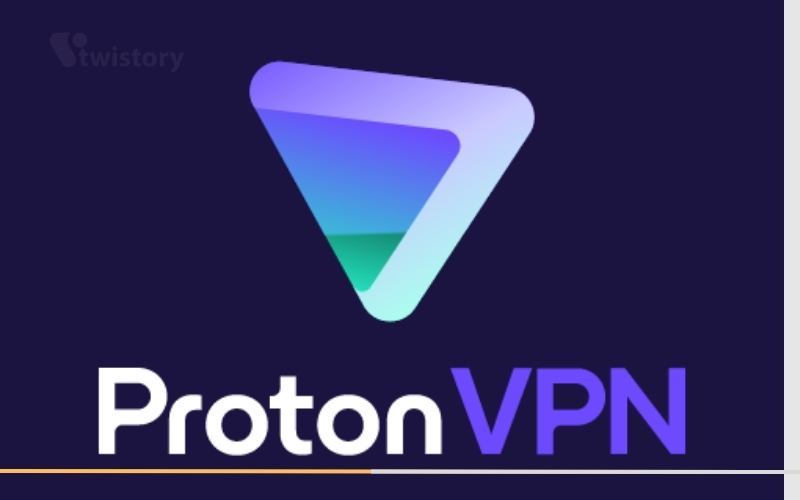
The revamped service now includes a link to ProtonMail, their secure email platform, adding great value for customers.
For those in countries with strict internet surveillance, ProtonVPN’s Stealth feature provides an additional layer of security.
The service is accessible for all levels of users, boasting a budget-friendly paid version as well as a robust free tier. ProtonVPN stands out with a rare 5-star rating, marking it as a top-tier option for those in search of a dependable VPN with a wealth of features.
Key Features:
- ProtonVPN uses AES-256 encryption, which is among the strongest encryption methods available.
- Its multi-hop feature routes traffic through multiple servers in privacy-respecting countries before reaching the final destination.
- The service includes a kill switch, which blocks internet access if the VPN connection drops, to prevent data exposure on insecure or public networks.
- ProtonVPN also combats DNS leaks by encrypting DNS requests, ensuring your true IP address remains hidden.
4. NordLayer
NordLayer VPN, powered by the trusted NordVPN, is a security tool that lets users connect to the internet and private networks swiftly, flexibly, and most importantly, securely.
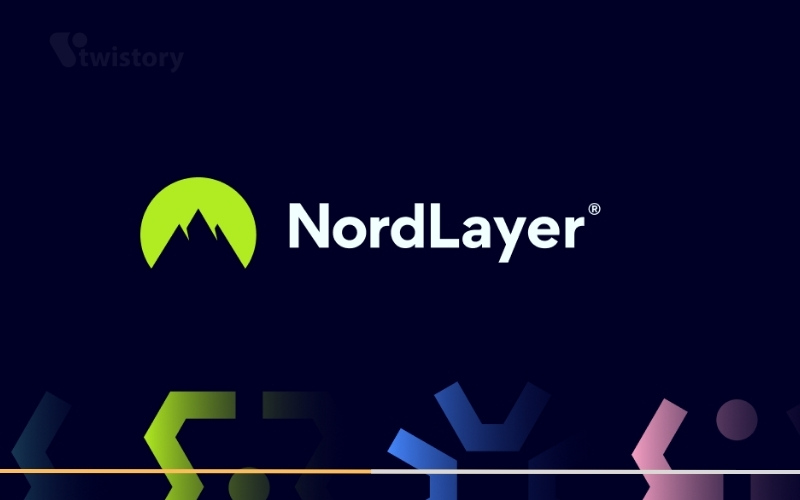
Building on NordVPN’s robust foundation, NordLayer adds extra security features to its VPN offering. By using this service, your online activities pass through encrypted servers, giving you a shield against cyber threats and privacy invasions.
It’s particularly useful for businesses and remote workers, providing a secure gateway to access corporate networks over the public internet.
With NordLayer VPN applications available for various devices, it simplifies secure web browsing for both individual users and organizations. It ensures faster access to online resources and maintains the anonymity of your communications.
Key Features:
- NordLayer VPN secures your online data with encryption, safeguarding your private information.
- It conceals your IP address, making it tough for websites and services to track your internet activities.
- This VPN is a solid choice for companies with remote staff or users needing secure access to business networks.
- You can connect to a network of global servers, which is handy for accessing content that might be restricted in your area.
- When connecting to public Wi-Fi, the VPN can kick in automatically, protecting your data even on less secure networks.
5. Cloudflare Access
Cloudflare Access presents a modern alternative to traditional VPNs by employing a Zero Trust security model. This approach ensures that internal resources are shielded and not exposed directly to the internet.
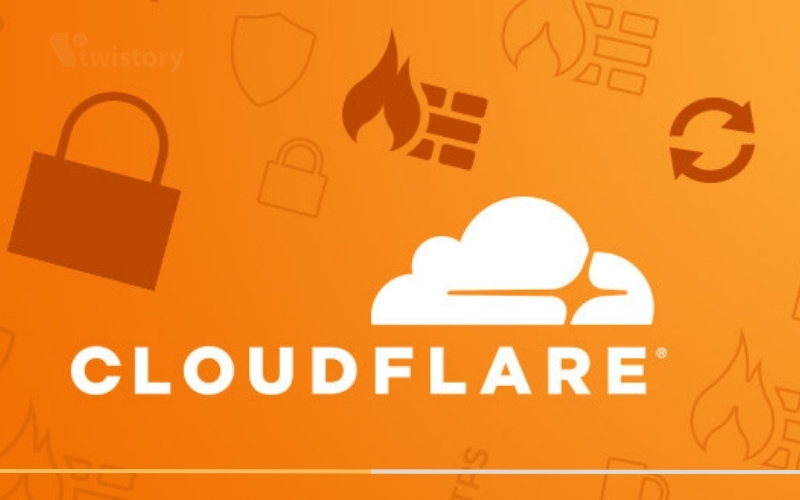
Working alongside traditional VPN functions, Cloudflare Access rigorously checks user and device credentials before granting them entry. Thanks to Cloudflare’s expansive network and intelligence on emerging threats, it’s adept at spotting and blocking harmful traffic, safeguarding apps and internal resources from attacks.
This method not only lowers the chances of breaches but also maintains the convenience of accessing remote resources securely.
Key Features:
- Cloudflare Access operates on a zero-trust principle, meaning it does not automatically trust any users or devices, regardless of their location or network, ensuring stringent access control.
- Access is granted based on verified user identity, not just based on being within a network’s perimeter, which helps to minimize the risk of unauthorized access.
- It allows users to securely connect to applications from anywhere, bypassing the need for a traditional VPN, a boon for teams spread across various locations.
- The service enables companies to set access controls based on user locations, preventing use from regions that may pose a higher security risk.
6. I2P (Invisible Internet Project)
The Invisible Internet Project (I2P) is a free service that functions as an alternative to VPNs, providing a private network layer that keeps online activities anonymous.
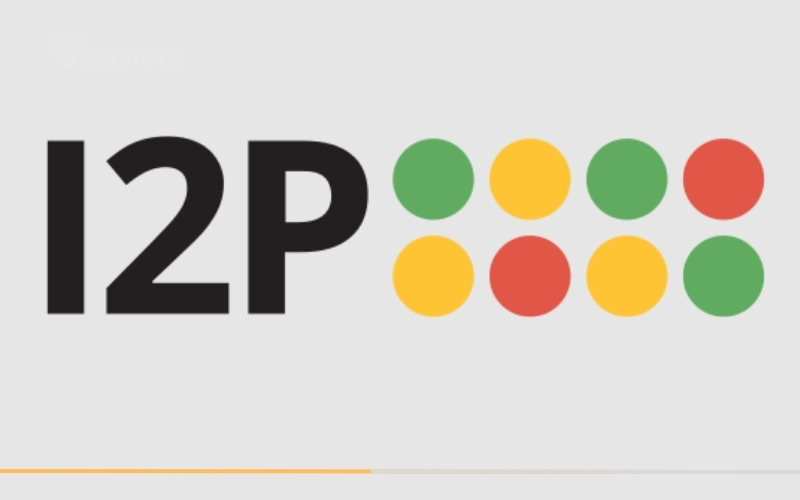
It works by adding an extra layer between the user and the internet, concealing the user’s real IP address. I2P encrypts traffic and sends it across a network of volunteer-run routers, making it tough for anyone to trace the user’s movements online.
I2P prioritizes user privacy and anonymity, resisting censorship and protecting against surveillance. It’s ideal for those who need to browse anonymously, communicate without the risk of eavesdropping, and access the hidden corners of the dark web with enhanced privacy.
Key Features:
- I2P focuses on protecting user privacy by encrypting data and routing it through a scattered network of routers, complicating efforts to track users or their internet routes.
- Within the I2P network, encryption guards the privacy of data exchanged between users and services.
- As an overlay network, I2P layers on top of the existing internet, providing an additional security barrier by segregating I2P traffic.
- The network is peer-to-peer, utilizing a spread-out network of routers, which helps to prevent bottlenecks and points of failure.
7. Check Point SD-WAN
Checkpoint Secure SD-WAN is a cutting-edge network solution that combines top-notch security with the efficiency of SD-WAN technology.
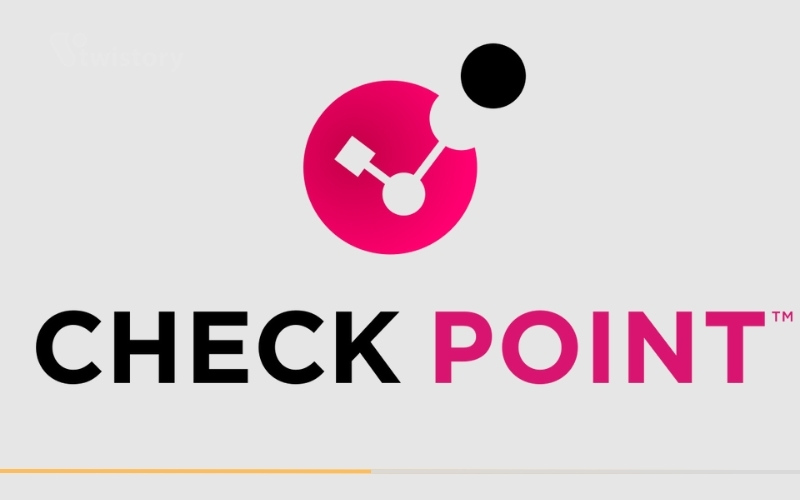
This solution optimizes WAN by smartly routing data through various channels such as MPLS, internet, and mobile connections, depending on the best available path. This is great for improving network speed and keeping users happy.
What makes Checkpoint Secure SD-WAN stand out are its advanced security features, such as firewalls, intrusion prevention, and URL filtering. These features ensure the network is safeguarded against cyber threats.
Administrators get a comprehensive view of the network’s performance and security status with the solution’s integrated management tools. This allows businesses to stay ahead of network issues and cyber threats with proactive measures.
Key Features:
- The system intelligently selects the best and most stable path for data, improving network efficiency.
- Checkpoint Secure SD-WAN prioritizes essential applications, ensuring they always have the bandwidth and quality they need to function smoothly.
- The unified control panel makes it simple to manage the SD-WAN, from setup to ongoing monitoring.
- With Checkpoint’s proactive threat prevention, the network is continuously scanned and protected from dangers like malware and ransomware.
- The zero-touch provisioning feature allows for quick and easy network setup at new locations, eliminating the need for on-site IT staff.
8. Zerotier
ZeroTier is a VPN alternative that offers secure and efficient connections across the public internet, creating a virtual network that feels like a global LAN. This means that no matter where users are, they can connect as if they were in the same room.
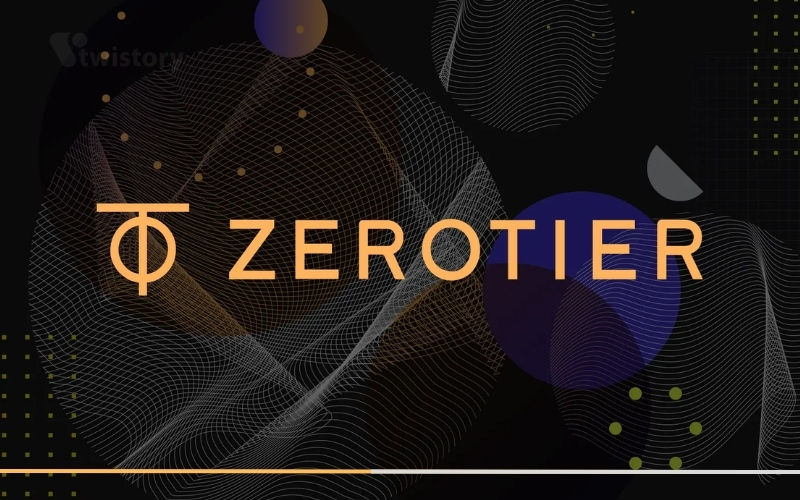
It’s a great tool for remote teams or devices that need to interact securely, such as in Internet of Things (IoT) setups. ZeroTier’s end-to-end encryption ensures that all data transferred is protected, and the direct peer-to-peer connections mean that communication is both safe and fast.
Security is further enhanced with individual device IDs and precise control over who can access the network. ZeroTier stands out for its ease of use and minimal need for management, making it a convenient option for those looking for a straightforward VPN alternative.
Key Features:
- ZeroTier’s virtual network lets devices communicate securely as though they were on the same local network, regardless of their actual physical locations.
- All data traffic on ZeroTier networks is encrypted, ensuring the privacy and security of user data.
- Being independent of operating systems and platforms, ZeroTier can be used across various devices including PCs, servers, mobile phones, and IoT devices.
- It can navigate through firewalls and NAT setups to connect devices, which is particularly useful for complex network environments.
- ZeroTier uses smart routing techniques to speed up data transmission and reduce latency, making for a smoother and faster user experience.
9. Zscaler Private Access
Zscaler Private Access (ZPA) is a cloud-based security service that follows the zero-trust model to protect internal applications from being reached through the internet.
ZPA enables users to safely access applications from any location, ensuring data remains protected. It operates on the principle of zero trust, verifying each user’s identity before allowing them to access applications.
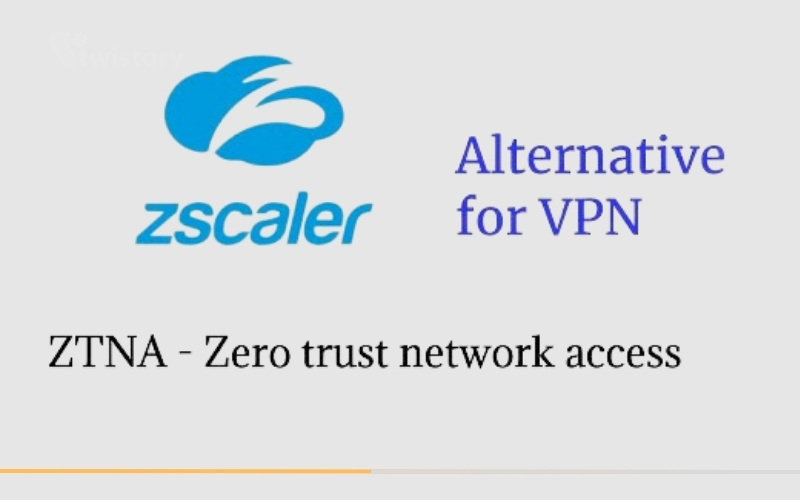
Instead of using a traditional network perimeter, ZPA links authorized users directly to the applications they need, without making those applications visible on the public internet. This reduces the risk of cyber attacks and potential data breaches.
Access permissions through ZPA are carefully given based on user credentials, the security status of their devices, and other conditions.
Key Features:
- ZPA operates on a zero-trust basis, allowing only verified users and devices to reach private applications, increasing security beyond conventional network borders.
- It offers application segmentation, meaning users can only see and use the apps they’re specifically allowed to, enhancing security further.
- With layers of security such as multi-factor authentication, identity checks, and device posture checks, ZPA provides a robustly secure access point.
- ZPA helps companies control access to sensitive applications and data, making it easier to meet various compliance and regulatory standards.
10. Private Internet Access (PIA)
Private Internet Access (PIA) is a highly regarded VPN service that gives you the power to browse the internet with greater privacy across the globe.
PIA boasts unlimited bandwidth and strong security measures. It’s committed to not tracking user activities, ensuring that your information stays private. This VPN also stands out for its ability to protect as many devices as you want, with dedicated applications for different operating systems.
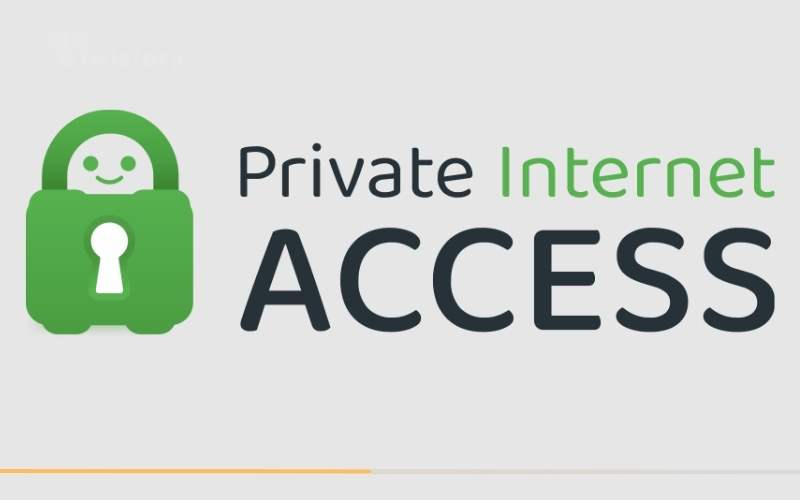
With servers in over 60 countries, PIA ensures you can get to your favorite online content no matter where you are. Its status as an open-source VPN means you can trust in the transparency and security of the service.
Setting up PIA is straightforward, and it comes with perks like ad-blocking, round-the-clock customer support, and advanced options like a kill switch and split tunneling, making it a solid VPN choice for users of Windows, Android, Mac, and other platforms.
Key Features:
- PIA uses powerful AES-256 encryption to keep your online data and conversations secure from prying eyes and unauthorized access.
- The service is true to its no-logs policy, assuring users that their online actions are not recorded or kept, which reinforces user privacy and anonymity.
- It includes a blocker for ads and malware, which not only makes for a smoother browsing experience but also protects against online threats.
Conclusion
In summary, the best VPN alternatives are carving out a new path in the world of secure network access and remote connections.
These innovative solutions represent a significant advancement by offering superior security, greater flexibility, and enhanced performance compared to traditional VPNs.
With a focus on user-centric design, these alternatives incorporate zero-trust security models and micro-segmentation, setting a new standard for secure and efficient network connections.
By exploring the best VPN alternatives, individuals and businesses can fortify their defenses against cyber threats. These alternatives are in step with cutting-edge security practices, adapt seamlessly to changing work environments, and elevate productivity in our ever-more interconnected world.

